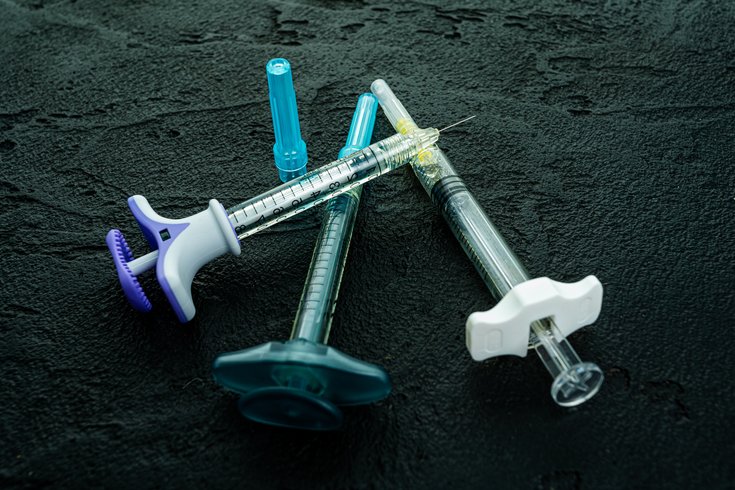
April 12, 2024
 Source/Image licensed from Ingram Image
Source/Image licensed from Ingram Image
Federal and state public health officials are investigating a series of botulism-type illnesses being reported around the country after people have received possibly fake Botox injections.
People in several states have been hospitalized after receiving Botox-type injections, prompting the U.S. Centers for Disease Control and Prevention to coordinate an investigation into the illnesses.
"Joint investigations have identified concerns about use of counterfeit products or products with unclear origin administered in non-medical settings such as homes or cosmetic spas," the Tennessee Department of Health said in a statement earlier this week. It came after four people who received cosmetic injections were hospitalized for symptoms that appeared to be linked to botulism.
Botulism can lead to serious illness and permanent injury as nerves attack the body.
The Illinois Department of Public Health also said two people received care at hospitals after a nurse, "performing work outside her authority," gave them cosmetic facial injections. Other cases of botulism-like illness that may be linked to counterfeit injections have been reported in Washington, Colorado and Kentucky.
Botox is used to relax facial muscles and give the temporary appearance of fewer wrinkles. Sterile, small doses of botulinum toxin that are approved by the U.S. Food and Drug Administration are a key ingredient in Botox.
"Cosmetic injections should be an FDA-approved product, administered by licensed providers and in licensed settings," the U.S. Centers for Disease Control and Prevention said. "The sources of these botulinum toxin products are unknown or unverified at this time."
People are at increased risk for developing from cosmetic injections if they weigh less than a typical adult, if they have an underlying nerve or muscular problem or if the dose is too large or does not meet FDA-approved standards. Doctors treat it with antitoxin medications.
Initial botulism symptoms may include muscle weakness, blurry vision, drooping eyelids, slurred speech, difficulty swallowing, dry mouth and difficulty breathing.
If untreated, descending, symmetric muscle weakness that progresses over hours to days may require hospitalization and antitoxin treatment, according to the CDC.
The FDA first approved the cosmetic use of Botox to smooth frown lines between the eyebrows in 2002.
Botox is also FDA-approved for treating chronic migraines. Other medical uses include the treatment of muscle spasms, including eye twitching, lazy eye, misaligned eyes, excessive sweating and urinary incontinence.